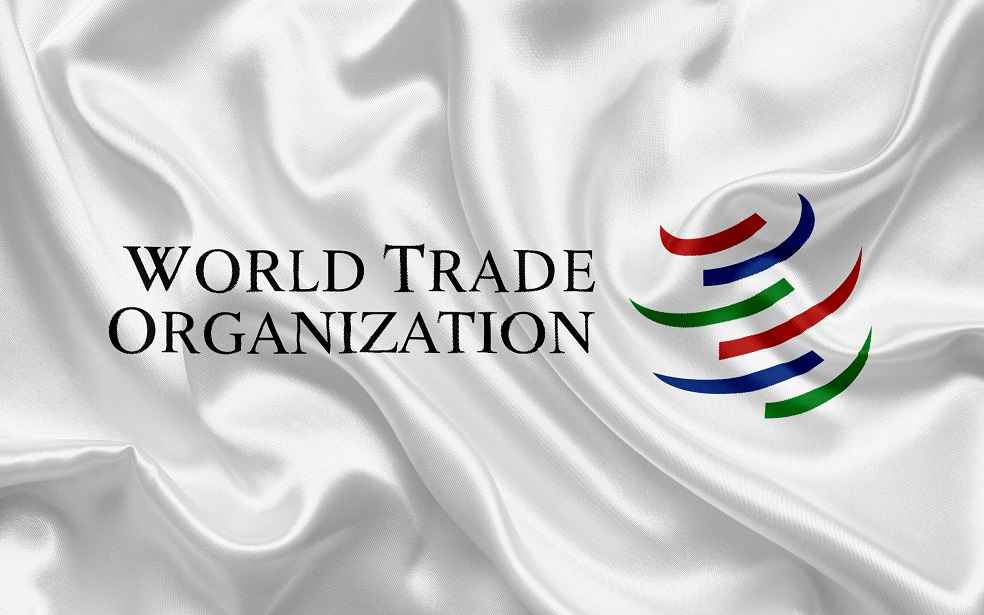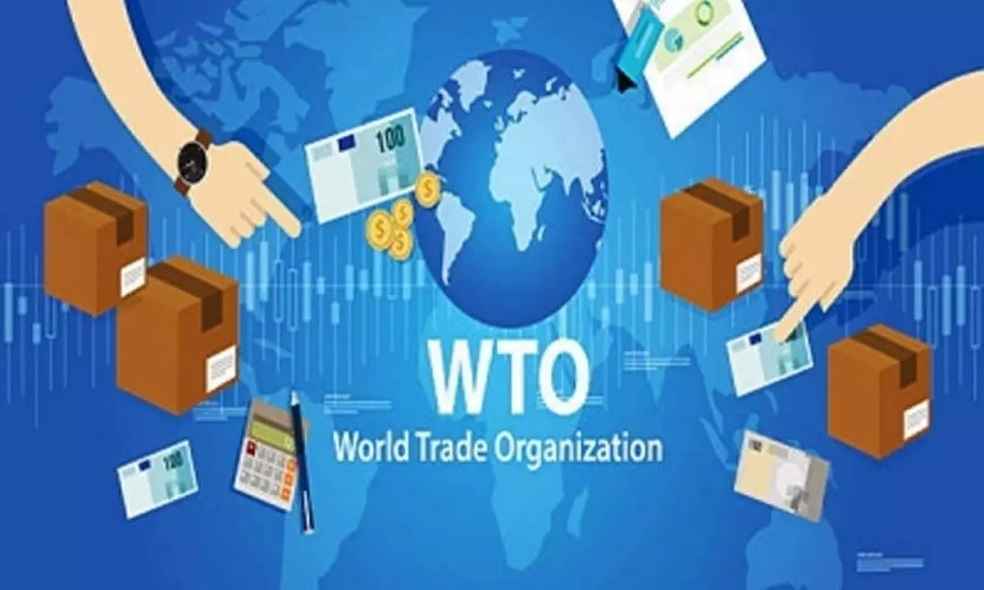New Delhi: World Trade Organization (WTO) members, including the United States and the United Kingdom, have raised concerns over India’s $48 billion farm input subsidies for the fiscal year 2022-23. According to Indian officials, the increase in subsidies is primarily due to inflation and the rising costs of fertilizers.
During a meeting of the WTO’s Committee on Agriculture on May 23-24, these concerns were brought to the forefront. “India explained that the input subsidies are mainly for power, irrigation, and fertilizers and that the increase was due to inflation and rising costs of fertilizers. It insisted that the information had been duly notified to the WTO,” stated a Geneva-based official.

India has notified these subsidy figures to the WTO in April. Under the WTO rules of special and differential treatment, developing countries like India are permitted to provide such subsidies to support low-income or resource-poor farmers. The WTO, a global trade body with 166 member nations, also handles trade disputes among its members.
“India’s new notification on its input subsidies for 2022-2023, totaling $48 billion, triggered questions from Canada, Brazil, Australia, the EU, Japan, the UK, and the US,” the official added.
The United States noted that this subsidy amount is more than twice the value of all trade-distorting support it notified in 2021-22. In the previous fiscal year, India provided support measures worth $32.07 billion. Indian representatives emphasized that they have consistently advocated for the reduction of subsidies given by developed countries to their affluent farmers.

The scrutiny over India’s farm subsidies highlights ongoing tensions in international trade policies, especially concerning support for the agricultural sector in both developed and developing nations.
METAL WORLD | Copper, Gold Prices Poised for Increase Amid Demand, Uncertainty



